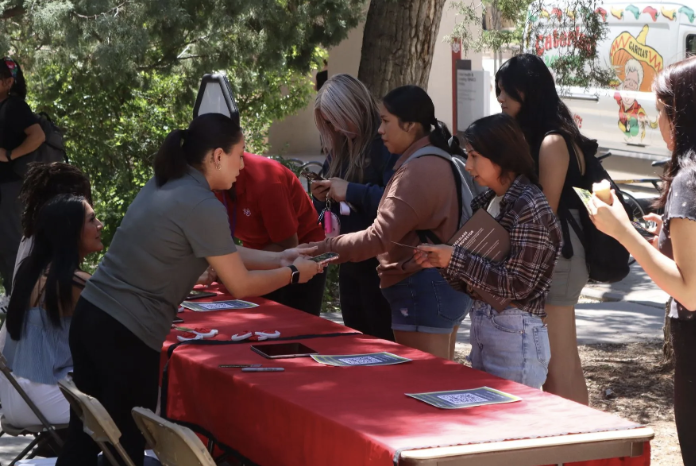
- Details
- By Native News Online Staff
The Native Professional Advancement Center (NPAC), formerly known as the National Indian Youth Council (NIYC), is sounding the alarm over the Trump Administration’s proposed FY 2026 federal budget, which threatens to eliminate the Native American Employment and Training Program under Section 166 of the Workforce Innovation and Opportunity Act (WIOA). If enacted, the proposal would strip Tribes and Native-led organizations of direct access to essential workforce development resources, instead forcing reliance on state-run systems that often fail to reflect the needs or values of Indigenous communities.
The administration’s plan calls for consolidating or eliminating several targeted federal workforce and education initiatives, slashing WIOA grants and redirecting funds into block grants controlled by states. This shift would dismantle long-standing federal-to-Tribal funding relationships and could eliminate the core programs NPAC uses to support thousands of Indigenous job seekers and students throughout New Mexico.
“This isn’t just policy—it’s an attack on Tribal sovereignty and Native self-determination,” said Darius Lee Smith, NPAC Executive Director. “For over 60 years, we’ve built culturally grounded pathways to education and employment. Losing these programs puts everything we’ve worked for at risk.”
Founded in 1961 as the National Indian Youth Council, NPAC has been a national leader in advancing Indigenous rights, education, and economic opportunity. Today, it operates programs in Albuquerque, Gallup, and Farmington, offering culturally responsive job training, placement, case management, educational stipends, and other vital services to Native Americans who are unemployed, underemployed, or economically disadvantaged.
“The Section 166 program is more than a federal grant—it’s the only dedicated workforce support Native communities can rely on,” said Deanna Aguiar, NPAC Director of Programs and Development. “Eliminating it would devastate grassroots Native organizations like NPAC and return us to a time when our communities were overlooked, excluded, and under-resourced.”
The proposed budget marks a sharp departure from direct federal funding to Tribes, instead favoring block grants to states and large institutions. This move would undercut decades of hard-won progress and force Native organizations to compete for funds in systems that rarely engage in meaningful Tribal consultation or understand Indigenous workforce priorities.
“We work every day with people earning their GEDs, getting placed in jobs, and gaining new skills through our programs,” added Smith. “Ending direct access to these resources isn’t about efficiency—it’s about erasure.”
Take Action
NPAC urges Tribal Nations, Native organizations, and allies nationwide to contact their congressional representatives now and demand protection for the WIOA Section 166 Native American Employment and Training Program in the FY 2026 federal budget.
The House Labor and Education Subcommittee will begin marking up this portion of the budget on July 24th. Now is the time to act.
More Stories Like This
Native News Weekly (August 25, 2024): D.C. BriefsNative Bidaské: The Illusion of Freedom and the Myth of America 250, Leonard Peltier Speaks Out
Monday Morning (March 2, 2026): Articles You May Have Missed This Past Weekend
Native News Weekly (March 1, 2026): D.C. Briefs
Scope Narrowed, Report Withheld: Questions Mount Over Michigan Boarding School Study
Help us defend tribal sovereignty.
At Native News Online, our mission is rooted in telling the stories that strengthen sovereignty and uplift Indigenous voices — not just at year’s end, but every single day.
Because of your generosity last year, we were able to keep our reporters on the ground in tribal communities, at national gatherings and in the halls of Congress — covering the issues that matter most to Indian Country: sovereignty, culture, education, health and economic opportunity.
That support sustained us through a tough year in 2025. Now, as we look to the year ahead, we need your help right now to ensure warrior journalism remains strong — reporting that defends tribal sovereignty, amplifies Native truth, and holds power accountable.
 The stakes couldn't be higher. Your support keeps Native voices heard, Native stories told and Native sovereignty defended.
The stakes couldn't be higher. Your support keeps Native voices heard, Native stories told and Native sovereignty defended.
Stand with Warrior Journalism today.
Levi Rickert (Potawatomi), Editor & Publisher


